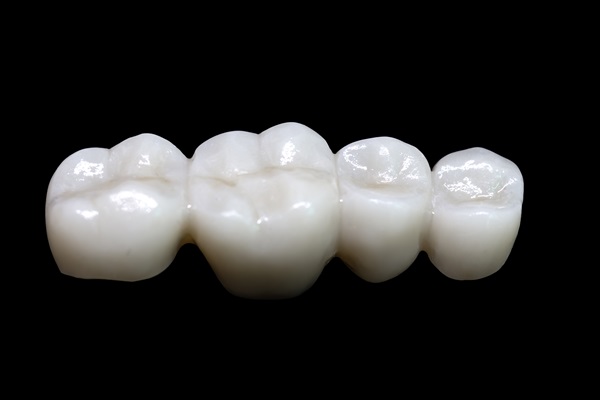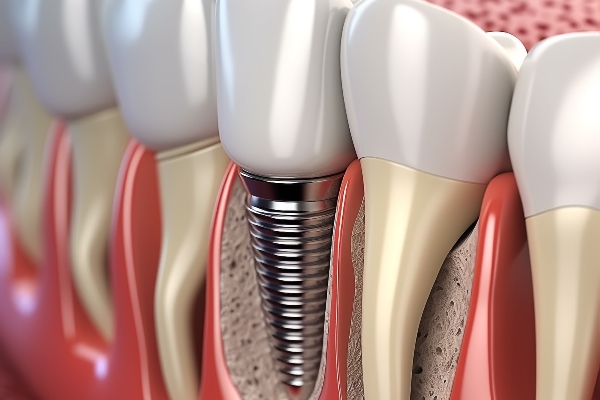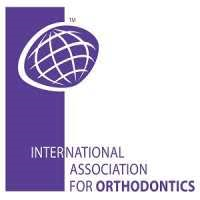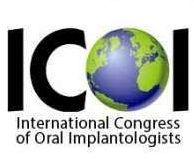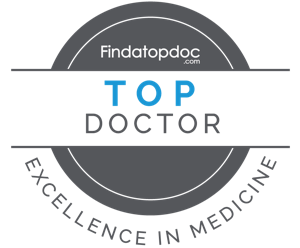 When you visit the dentist, you expect to get your teeth cleaned and learn the current state of your dental health. However, many people overlook the expertise that dentists can provide about oral hygiene basics.
When you visit the dentist, you expect to get your teeth cleaned and learn the current state of your dental health. However, many people overlook the expertise that dentists can provide about oral hygiene basics.
3 FAQs about standard oral care
In addition to caring for teeth, dentists can offer helpful recommendations for patients to maintain tooth health. Discuss these important topics with your dentist.
1. How can I protect my teeth as I age?
By incorporating a healthy regimen of oral hygiene basics into your daily routine, you may be able to keep your natural teeth throughout your lifetime. Your dentist can recommend the following to protect your teeth:
- Visit your dentist on a regular basis for check-ups and professional cleanings.
- Brush your teeth twice a day using quality fluoride toothpaste to eliminate plaque, which is the main cause of tooth decay.
- Use a daily mouthwash or mouth rinse designed to prevent plaque from forming on your teeth.
- Remove plaque from under your gum line and between your teeth before it can form into tartar. Once tartar is present, only professional cleaning can remove it. Floss and interdental products are the preferred methods of fighting plaque.
- Limit between-meal snacks, especially sticky, sugary, or starchy foods. These snacks enable plaque acids to attack the protective enamel on your teeth.
2. How can I avoid gum disease?
Periodontal disease is caused by a buildup of bacteria in plaque. If this condition is left untreated, the gums and supporting bone structures can deteriorate, causing receding gums and tooth loss. Your dentist can educate you on the current state of your gums and advise you on how to prevent periodontal disease with these oral hygiene basics.
Brushing your teeth after meals can remove food debris and plaque while brushing your tongue helps to remove bacteria in the mouth. Floss along the gum line to reach areas that your toothbrush can miss, and use a mouth rinse to any remove remaining particles. Make sure you know the risk factors, including age, diet, genetics, and smoking, which can increase your chances of developing gum disease.
3. What foods are recommended for good oral health?
As part of good oral hygiene basics, dentists encourage a diet high in fiber, low in carbohydrates and sugars, and filled with important nutrients that aid in healthy teeth, including calcium, magnesium, and phosphorous. You should also avoid acidic, sugary, and processed foods that lack significant nutritional value.
Cacao nibs or low-sugar dark chocolate is a great choice because chocolate (without sugar) blocks certain oral bacteria from forming plaque. Citrus fruits like grapefruits and oranges contain vitamin C, which slows gum inflammation. The vitamin D in fish helps to deliver calcium to the teeth, and the omega-3 fats support gum health. Grass-fed dairy products such as cheese and butter contain K2, a vital nutrient for healthy teeth. Dark, leafy greens such as kale and spinach are high in minerals and help support a healthy oral microbiome.
Conclusion
Take advantage of your dentist's expertise by asking questions about the oral hygiene basics that can protect your teeth and gums over your lifetime.
Request an appointment or call Midtown Dental - The Gallery of Smiles at 713-979-4127 for an appointment in our Houston office.
Recent Posts
Everyone learns oral hygiene basics when they are young, but some details get lost over time. For example, many adults are confused about what type of toothbrush to use. This simple tool comes in many different forms, including a variety of sizes and a range of bristle textures. You may wonder why there are so…
Healthy teeth are a vital part of being able to eat and enjoy food, but certain foods can be more harmful to dental health than others. Learning about foods that help and hurt the teeth is an important part of oral hygiene basics that can be helpful in guiding the choices people make when caring…
Although many people believe that plaque and tartar are the same, they actually have significant differences. Understanding the distinctions between these two dental conditions can help you identify their warning signs and practice oral hygiene basics to avoid them.Plaque is a soft film containing millions of bacteria that build up on your teeth, gums, and…

